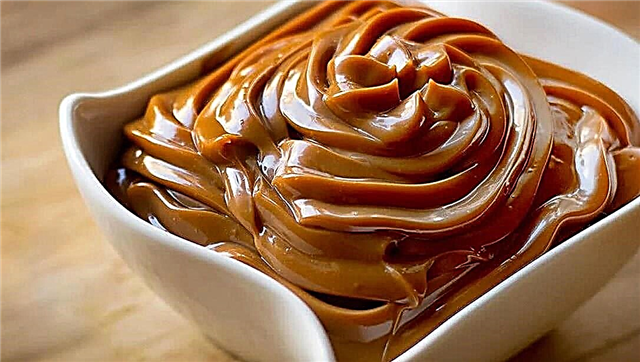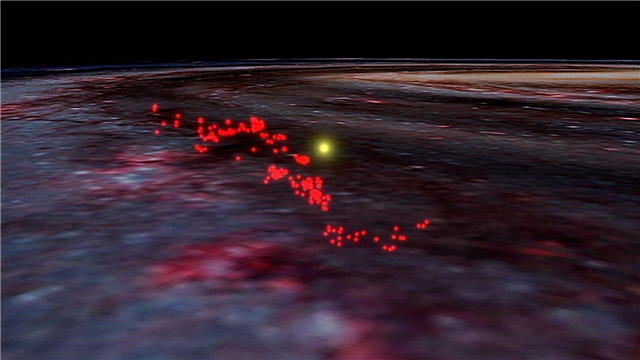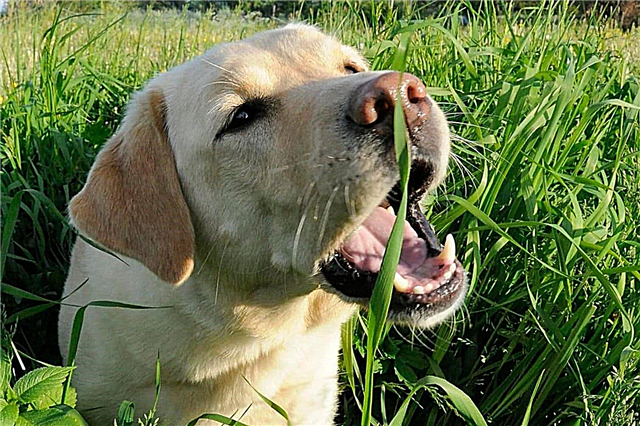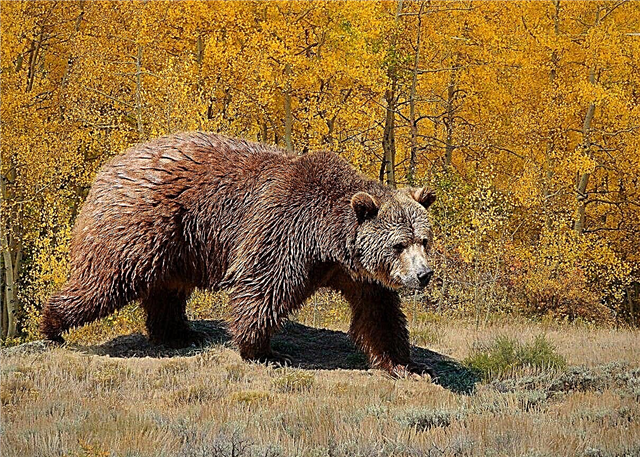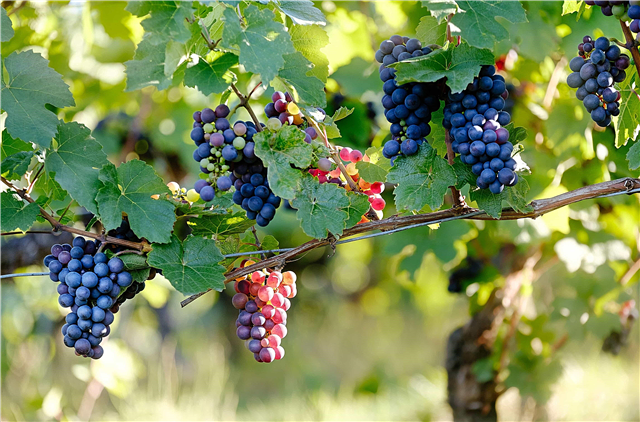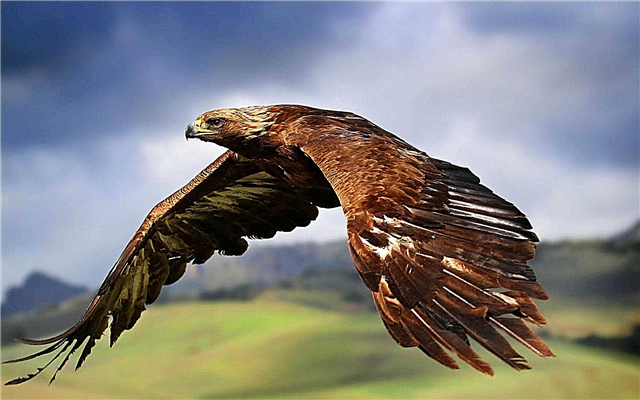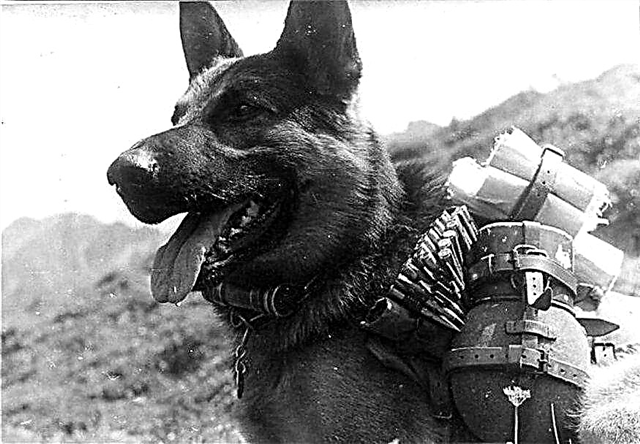
Dogs - an animal mammal, carnivore, from the canine family. And this makes the owners of four-legged friends nervous: is their pet healthy?
However, not everyone rushes to the vet right away. This behavior is inherent in those who recently got a dog and are far from cynology. Advanced dog lovers are sure that thanks to the grass, their pets replenish the supply of vitamins and minerals. In addition, there is an opinion among amateurs that this is a kind of hygienic procedure: this way animals refresh their breath and brush their teeth. And, of course, herbs help dogs recover from ailments. So why does the dog eat grass?
Fresh greens are not good
The most common opinion - replenishment of the body with vitamins and minerals - is refuted by scientists: the gastrointestinal tract of the dog is not able to absorb fresh grass. In the body of the animal there are no enzymes necessary for the digestive process. Green grass is also not a way to replenish micronutrients, because both wild dogs and pets are addicted to eating.
The grass will bring benefits undigested until the end. That is, the dog will receive the necessary vitamins and minerals if it is fed with a scar of a herbivore that is not freed from its contents. In the village to the sources are cow cakes and horse apples.
Healing properties

Why dogs eat grass, scientists are no less interested in than the owners.Studies have shown that animals use green vegetation to cleanse the stomach of bile or rotting food debris. For this, animals consume coarse herbs: sow thistle, cereals, wheat grass, which with their sharp edges irritate the walls of the stomach, which causes vomiting.
Our four-legged friends also resort to this technique in order to get rid of a general unhealthy condition, with a bloating stomach, to liquefy stagnation in the intestines and other body discomfort. Thanks to moisture and fiber, grass also helps animals cope with constipation. Scientists came to this conclusion when they tried to prove that greens positively affect the normalization of loose stools. In fact, it turned out that it liquefies fecal deposits. Worry with diarrhea should, as with vomiting, with frequent occurrence.
As a rule, problems with the stomach occur in pets no more than 3 times a year. But if the phenomenon becomes more frequent and the disorder is accompanied by a general depressed state, dull eyes, knocking wool to shreds, and the appearance of blood in the vomit - then you need to hurry up with a visit to the veterinarian.
For fun
Many dogs like to eat grass just because it is delicious. Or the process itself captivates. Therefore, eating a bunch of grass is sometimes a natural phenomenon for them. Puppies and young dogs are especially keen on this activity. In itself, such a variety in nutrition is not harmful. Do not forget that dogs are animals smarter. They are able to distinguish independently useful grass.But this does not apply to the recognition of the presence of chemicals that process plants.
To protect your pets from possible malaise, you need to walk them in ecologically clean places: away from roads, industrial facilities, etc. The absence of a suitable place with grass for walking near is better to compensate for grown independently at home: buying seeds is now not a problem.
Gastronomic preferences
Without harm to health for varieties of herbs and greens, dogs can be consumed:
- meadow plants with rough leaves - bluegrass, cereal (oats, wheat), wheat grass, sow thistle;
- leaves of garden crops - beets, lettuce, carrots;
- flower heads (calendula, cornflower).
The animal itself will find useful and tasty grass, the main thing is to make sure that it is clean. Therefore, do not worry if the pet suddenly decided to try the juicy greens to taste. If after eating the dog remains cheerful and cheerful, nothing bothers him - then the owners have no reason to worry.


